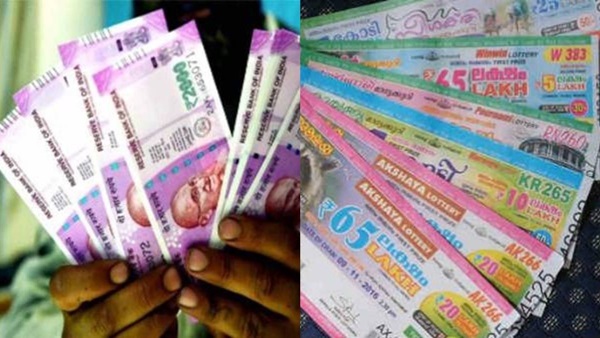The lottery has long captivated the imagination of people around the world. From its ancient roots to modern-day multimillion-dollar jackpots, lotteries have evolved significantly. This article explores the fascinating history, cultural significance, and the impact of the togel macau on society today.
A Brief History
Lotteries have been a part of human civilization for centuries. The concept dates back to ancient China around 205-187 BC, where the “Keno” game was used to fund major government projects like the Great Wall. In ancient Rome, lotteries were used for distributing gifts during feasts and public entertainment.
The modern lottery as we know it began in 15th-century Europe. The first recorded lottery was held in the Netherlands in 1446 to raise funds for public works. Over time, various European nations adopted the lottery model, using it as a means of generating revenue for state projects and welfare programs.
The Lottery in the Modern Era
The 20th century saw the lottery become a mainstream phenomenon, particularly in the United States. The advent of state-run lotteries in the 1960s marked a significant shift. States began using lotteries as a source of revenue to fund education, public health, and infrastructure projects, offering a new avenue for public funding without raising taxes.
One of the most famous modern lotteries is the Powerball, introduced in 1992. Its massive jackpots and multi-state participation have made it a household name. Similarly, the Mega Millions, launched in 1996, has captured the public’s imagination with its enormous prize pools and excitement.
Cultural Impact and Popularity
The lottery’s appeal is deeply rooted in its promise of instant wealth and the thrill of dreaming big. The allure of becoming an overnight millionaire drives millions to participate regularly. This dream is reinforced by the media, which often highlights stories of winners and their newfound fortunes.
Lotteries also have cultural significance in various societies. In some countries, they are seen as a form of social equality, providing everyone with a chance at financial success regardless of their background. In others, they are intertwined with traditions and celebrations, such as the Spanish Christmas Lottery, known for its festive atmosphere and substantial prizes.
The Economics of the Lottery
While the lottery can create instant wealth for a lucky few, it also has a significant economic impact. The odds of winning a lottery jackpot are typically very low, leading to a high volume of ticket sales. This generates substantial revenue, but critics argue that it can disproportionately affect lower-income individuals, who spend a higher percentage of their income on lottery tickets in hopes of changing their fortunes.
State governments often use lottery revenues to fund essential services, which can reduce the need for other forms of taxation. However, this raises ethical questions about the reliance on gambling as a funding source and the potential for it to encourage gambling addiction.
Responsible Gambling and Regulation
As lotteries grow in popularity, so does the need for responsible gambling practices. Many jurisdictions have implemented regulations to ensure fair play and protect consumers. This includes measures such as age restrictions, responsible gambling programs, and transparency in how lottery funds are allocated.
Organizations like the National Council on Problem Gambling (NCPG) provide resources and support for those affected by gambling addiction, including lottery gambling. These efforts aim to balance the excitement of the lottery with the need to protect vulnerable individuals.
